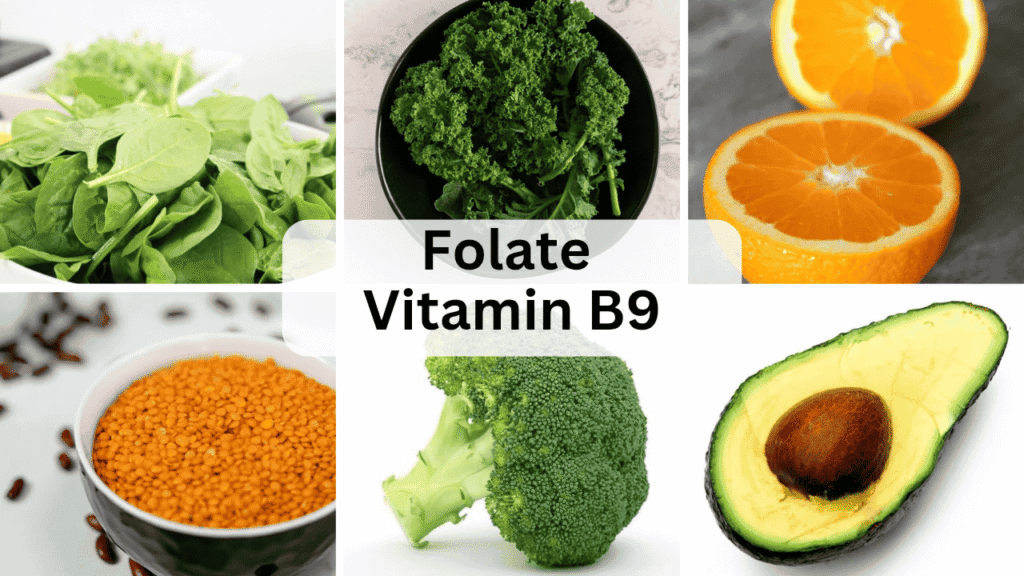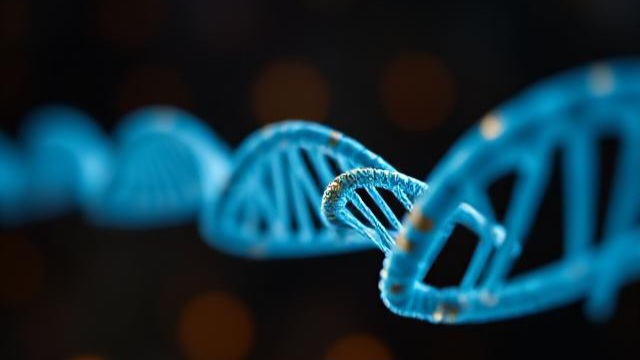Making DNA is difficult if you lack this in your body
Making DNA is difficult if you lack this in your body
DNA is the blueprint of life, present in every cell of our body.
For growth, healing, and cell reproduction, our bodies must constantly create new DNA.
What Is DNA Synthesis or DNA making?
- DNA synthesis is the process by which your cells:
- Copy their DNA before dividing
- Repair damaged DNA
- Create new cells (blood cells, skin cells, immune cells, etc.)
But this complex process depends on certain key nutrients. Without them, DNA synthesis slows down or even stops—leading to serious health problems like anemia, poor immunity, or developmental issues.
One nutrient, in particular, plays a critical role in this process.
FOLATE (VITAMIN B9)
Making DNA is difficult if you lack folate i.e. Vitamin B9 in your body.
Vitamin B9 is an essential nutrient that naturally occurs as folate. Folate is a water-soluble B vitamin that is essential for many important processes in the body, especially related to growth, development, and DNA formation.
What Folate Does:
Assists in methylation – a key process in gene regulation and detoxification.
Methylation reactions are important for gene expression and DNA repair.
Direct Role in DNA Synthesis – Synthesizing nucleotides, especially thymidine (a building block of DNA).
Folate is required to make purines and thymidine, which are essential DNA building blocks.
Cell Division & Growth – Cell division relies on accurate DNA replication.
Folate is critical during rapid cell growth (like in pregnancy, childhood, or healing), where DNA replication happens constantly.
Supports red blood cell formation – prevents certain types of anemia.
Works with Vitamin B12 – Without folate, even vitamin B12 can’t support DNA formation properly.
A folate deficiency halts DNA replication, especially in cells like red blood cells and fetal cells.
Important during pregnancy – Prevents Birth Defects, helps prevent neural tube defects in the fetus.
Low folate during pregnancy can cause severe neural tube defects (like spina bifida) because DNA synthesis is disrupted during early fetal development.
What Happens If You Lack Folate:
A deficiency in folate (vitamin B9) can lead to a range of health problems, especially in rapidly dividing cells and during early development.
1. Megaloblastic Anemia
Megaloblastic anemia (large, immature red blood cells)
Red blood cells become large and immature.
Fewer healthy red blood cells are made.
Symptoms: Fatigue, weakness, pale skin, shortness of breath.
2. Birth Defects
In pregnancy, low folate can lead to neural tube defects in the fetus (e.g., spina bifida, anencephaly).
Critical during the first few weeks of pregnancy—often before a woman knows she’s pregnant.
3. Cognitive and Mental Health Issues
Difficulty concentrating, irritability, poor concentration, and even depression.
In severe cases: memory problems or confusion.
4. Weak Immune System
Fewer white blood cells are produced, reducing your ability to fight infections.
5. Impaired DNA Synthesis and Repair
Affects cell division in bone marrow, skin, gut lining, and hair.
Increases the risk of cell mutations and possibly certain cancers.
6. Poor Growth in Children
Due to impaired cell division, children with folate deficiency may show delayed growth and developmental problems.
7. Digestive Issues
May cause loss of appetite, weight loss, or diarrhea.
Folate deficiency affects everything from red blood cells to brain function to fetal development. Ensuring enough folate is especially crucial during pregnancy and periods of rapid growth.
8. Elevated homocysteine levels
High levels of homocysteine in the blood have been linked to a greater risk of heart disease and stroke.
Where You Get Folate:
Folate occurs naturally in foods like:
Leafy greens (spinach, kale)
Lentils and beans
Citrus fruits (oranges)
Avocados
Broccoli
Liver
There’s also a synthetic version called folic acid, found in:
Supplements
Fortified foods (like cereals and bread)

Are folic acid and folate the same?
Folate and folic acid are both forms of vitamin B9, an essential nutrient required by the body.
While they are often used interchangeably, they are not exactly the same.
Folate is the natural form of vitamin B9 found in food, whereas folic acid is the synthetic form used in supplements and fortified foods.
Despite their differences, both serve similar functions in the body and are crucial for maintaining good health.
Recommended Daily Intake of Folate (Vitamin B9)
The recommended daily intake of folate varies based on age and life stage.
These recommendations are measured in micrograms of dietary folate equivalents (mcg DFE):
Birth to 6 months: 65 mcg DFE
7 to 12 months: 80 mcg DFE
1 to 3 years: 150 mcg DFE
4 to 8 years: 200 mcg DFE
9 to 13 years: 300 mcg DFE
14 years and older: 400 mcg DFE
Pregnant individuals: 600 mcg DFE
Lactating individuals: 500 mcg DFE
Why should we take folate daily?
Folate is a water-soluble B vitamin (vitamin B9), leftover amounts of the vitamin leave the body through the urine, which means it is not stored in the body.
So it must be replenished regularly through food or supplements.
Other important nutrients for DNA synthesis include:
Vitamin B12 – works with folate. It helps regenerate active folate. It depends on folate to be useful.
Iron and zinc – involved in cell division and repair.
Magnesium – a cofactor for DNA polymerases.
Whereas Folate (B9) Directly makes DNA bases. It is the core builder of DNA
Is Folate More Important Than Vitamin B12?
No — One is not more important than the other.
They work together, and a deficiency in either one can seriously disrupt your body’s ability to make DNA, red blood cells, and protect nerve function.
How Folate and vitamin B12 Work Together
Folate (B9) Builds DNA bases; needed for cell division and growth.
Vitamin B12 Regenerates active folate; protects nerves; helps with DNA methylation.
Why is folate more important than other nutrients for DNA formation?
Folate is often considered more important than other nutrients for DNA formation because it plays a direct and essential role in building the actual building blocks of DNA.
1. Folate Directly Makes DNA Bases
Folate (in its active form, tetrahydrofolate or THF) donates one-carbon units that are needed to form:
Purines (Adenine and Guanine)
Thymidine (T) — a DNA base that is unique to DNA (not found in RNA)
Without folate, the body simply cannot produce new DNA strands.
2. Folate Is Crucial for Rapid Cell Division
DNA synthesis is needed whenever cells divide.
Folate is especially important for rapidly growing tissues, like:
Blood cells
Skin and gut lining
Fetal development
3. Folate Deficiency Stops DNA Production First
While other nutrients support DNA synthesis (like B12, iron, zinc), folate is the one that builds the base structures.
A lack of folate immediately disrupts DNA formation, causing:
Megaloblastic anemia
Birth defects
Growth problems
Folate is more important than other nutrients for DNA formation because it provides the essential carbon units to actually build DNA bases.
Without Folate, DNA synthesis cannot start — no matter how many other nutrients you have.
Hence, Making DNA is difficult if you lack folate (vitamin B9) in your body.
Sources –
Also read –
How to Sleep Better Naturally: 10 Easy Tips Without Taking Any Medicine
How to Sleep Better Naturally: 10 Easy Tips Without Taking Any Medicine
These Daily Habits Can Help You Lose Belly Fat in 30 days
The Secret to a Slimmer Waistline : Daily Jeera Water Routine
The Secret to a Slimmer Waistline : Daily Jeera Water Routine





Leave a Reply